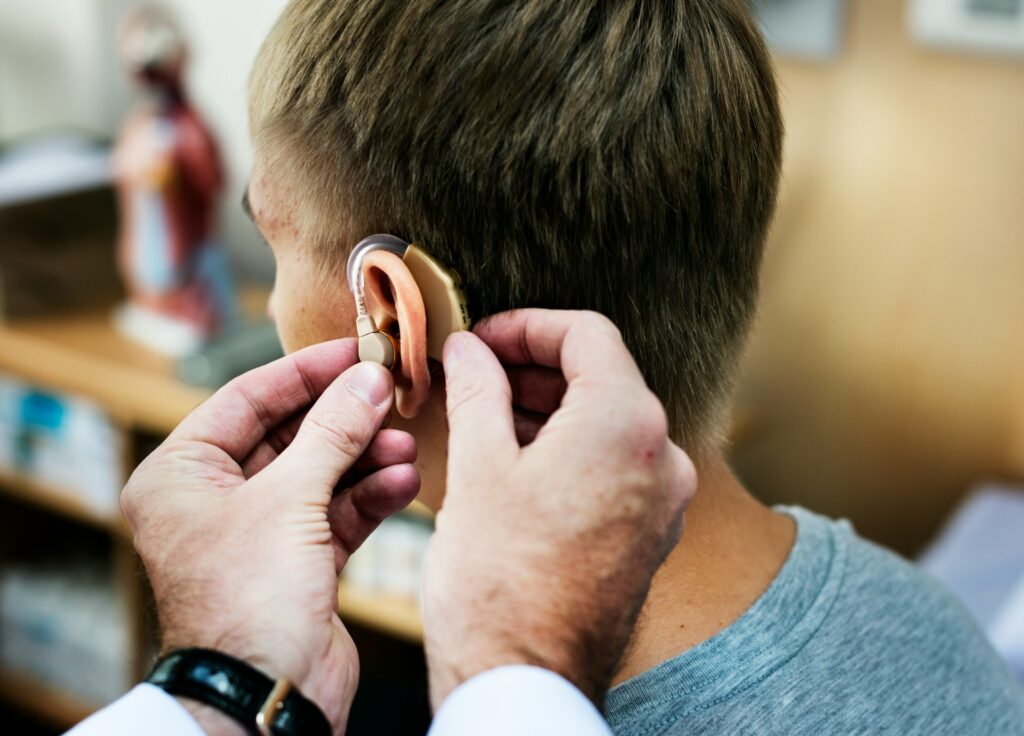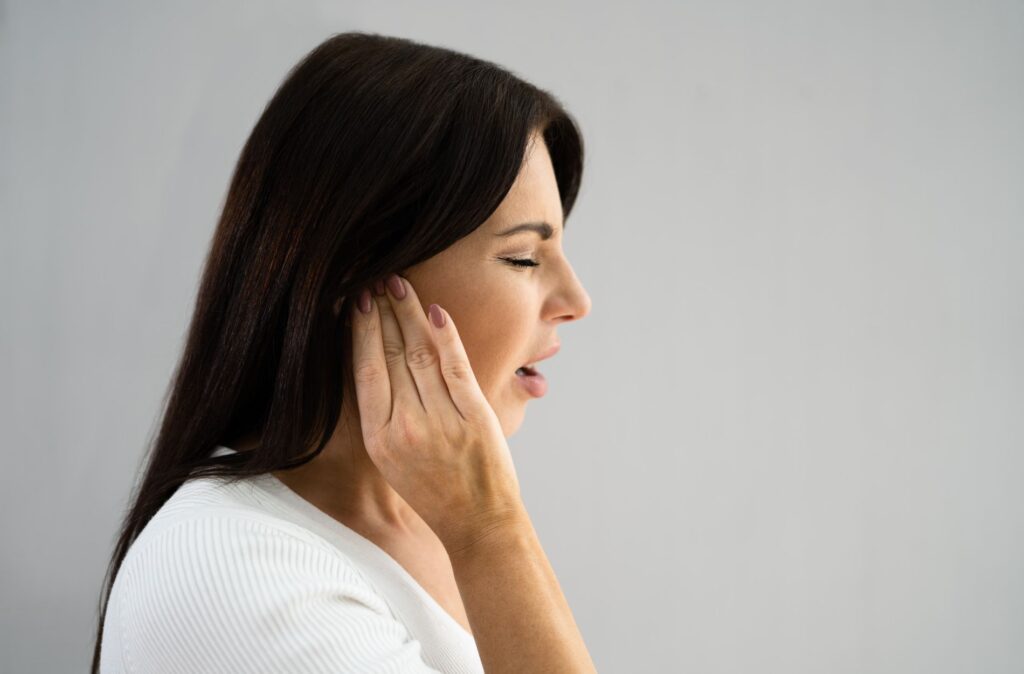The human ear is a very delicate and complex organ. Each part has a specific function and is vital to the overall health of the ear. Unfortunately, that’s where problems can arise as well. Blocked ears can be caused for a wide variety of reasons, and with how complex our ears are, things can easily go wrong.
That said, before we dive into the causes of blocked ears and how to treat them, we must first understand what makes up our ears:
The Makings of the Human Ear
The outer ear is the visible part of the ear. It is made up of the auricle, or the fleshy, outermost portion of the ear, and the ear canal. The ear canal is a tube that leads from the outer ear to the eardrum. The ear canal is lined with skin that is covered with tiny hairs. These hairs help to trap dirt and debris and keep them from entering the ear.
The middle ear is located behind the eardrum. It is a small, air-filled space that contains the three smallest bones in the body: the malleus, the incus, and the stapes. These bones are responsible for transmitting sound waves from the outer ear to the inner ear.
The inner ear is the most complex part of the ear. It is made up of the cochlea, a snail-shaped structure that contains the nerve endings that send signals to the brain, and the vestibular system, which is responsible for balance and equilibrium.
The Causes of Blocked Ears
The ear is susceptible to a variety of problems and disorders. One of the most common is blocked ears. Blocked ears can be caused by a number of things, including wax buildup, allergies, the common cold, and even changes in altitude.
Wax buildup is the most common cause of blocked ears. Earwax is a natural substance that is produced by the body to protect the ear from dirt and debris. However, sometimes earwax can build up and become hard, making it difficult to remove. This can cause a blockage that prevents sound from passing through the ear canal to the eardrum.
Allergies are another common cause of blocked ears. Allergies can cause the ear to produce more wax than usual, which can lead to a blockage. Allergies can also cause the ear to swell, making it difficult for sound to pass through.
The common cold is another common cause of blocked ears. The common cold can cause the Eustachian tube, which connects the middle ear to the back of the throat, to become blocked. This can cause a buildup of pressure in the middle ear and lead to pain and discomfort.
Treating Blocked Ears
If you’re dealing with blocked ears, there are a few things you can do to try and alleviate the problem. First, you can try using a humidifier in your home to add moisture to the air and help loosen any congestion in your ears. You can also try using a warm compress on your ears for a few minutes at a time to help reduce any pain or pressure you may be feeling.
If those home remedies don’t work, you may need to see a doctor to have your ears professionally cleaned. This is a quick and easy procedure that can help to remove any buildup of wax or other debris that may be causing your ears to feel blocked.
In some cases, blocked ears can be a sign of a more serious problem, such as an ear infection. If you’re experiencing pain, fever, or discharge from your ears, it’s important to see a doctor right away so that you can get the proper treatment.
Conclusion
All in all, blocked ears can be more than an annoying problem. It can be a symptom of a more serious issue that you need to address right away. But anyways, whether what you’re dealing with is serious or not, blocked ears are truly annoying to deal with. If you are having problems with it, it is always a good idea to reach out to a doctor for treatment!
Country Hearing Care offers hearing tests, hearing aids, and more to help individuals overcome their hearing-related issues. If you are looking for hearing care in Australia, book an appointment with us today!










